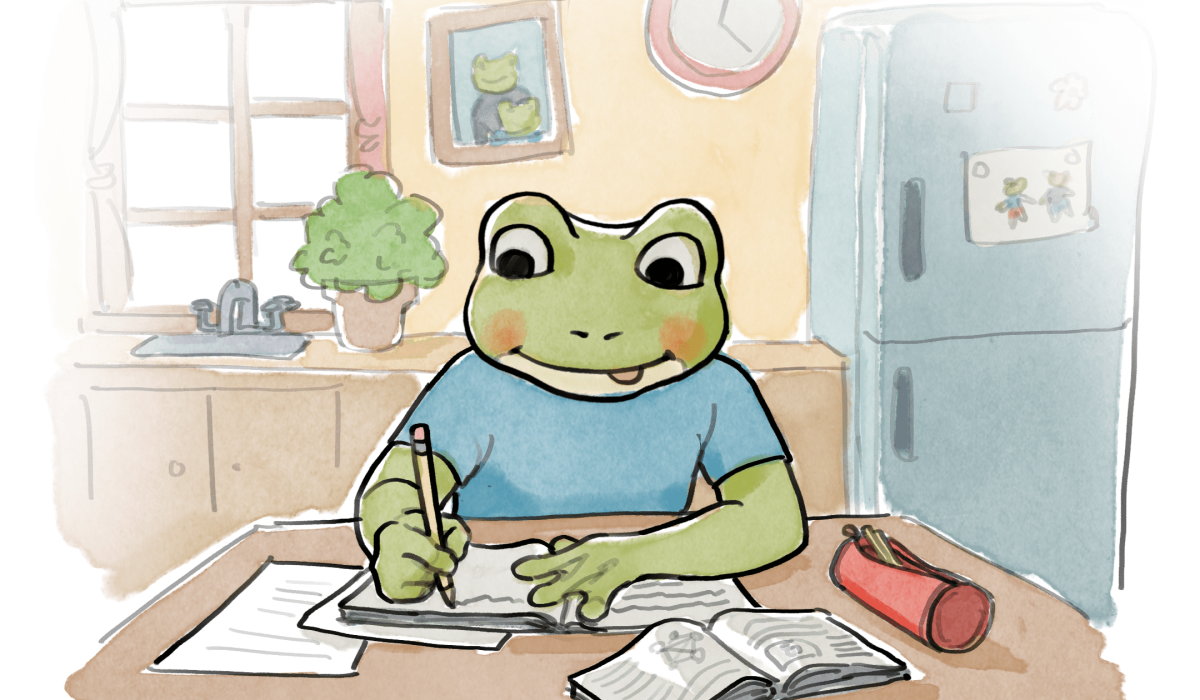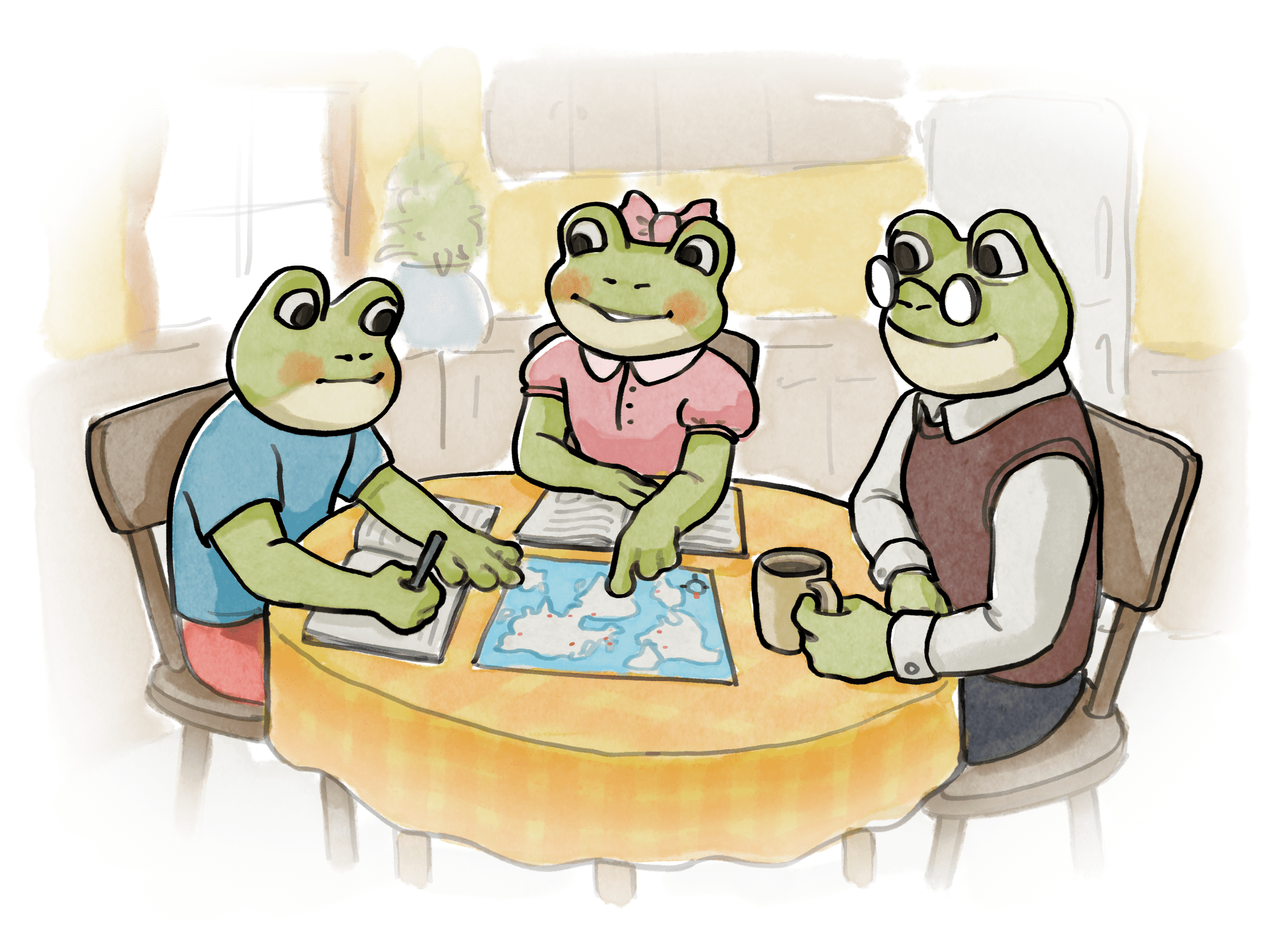Introduction
In the diverse world of homeschooling, the Charlotte Mason method stands out for its unique blend of rigor and gentleness, nature and literature, and an emphasis on the whole child. This approach to home education, named after the pioneering British educator Charlotte Mason, resonates with families seeking a holistic, nurturing, and intellectually stimulating environment for their children’s learning journey.
The Philosophy of Charlotte Mason Homeschooling
Charlotte Mason’s philosophy centers around the idea that education is about more than just imparting knowledge; it’s about nurturing children’s ability to appreciate and connect with the world around them. Her approach emphasizes respect for the child as a person and their natural curiosity. It advocates for educating through engaging, meaningful experiences rather than rote memorization or dry academic exercises.
Key Components of the Charlotte Mason Method
- Living Books: Unlike traditional textbooks, Charlotte Mason advocated for the use of “living books” — literature that is well-written and engaging, bringing subjects to life through narratives and stories. These books are used across subjects, including history, science, and literature, encouraging a deeper understanding and connection with the material.
- Nature Study: Nature study is a cornerstone of the Charlotte Mason method. It encourages children to spend significant time outdoors, observing and interacting with the natural world. This hands-on approach fosters a deep appreciation and understanding of nature, science, and the environment.
- Narration: Another key aspect is narration, where children retell what they’ve learned in their own words. This process enhances comprehension and retention, moving beyond mere memorization to a more profound grasp of the material.
- Art and Music Appreciation: The Charlotte Mason method places a strong emphasis on the arts. Regular exposure to classical music, fine arts, and poetry is considered essential for developing a child’s aesthetic appreciation and understanding.
- Habit Training: Mason believed in the importance of developing good habits as a foundation for lifelong learning and character. This includes habits of attention, punctuality, orderliness, and respect, among others.
Implementing the Charlotte Mason Method in Homeschooling
Adopting the Charlotte Mason approach in a homeschool setting involves more than just choosing the right curriculum. It’s about embracing a philosophy that values the development of the whole child — intellectually, emotionally, and spiritually. This method suits parents who prefer a structured yet flexible approach to education, one that values the child’s interests and pace of learning.
The Benefits of Charlotte Mason Homeschooling
Families who choose the Charlotte Mason method often report that their children develop a love of learning, an appreciation for nature and the arts, and strong moral character. This method nurtures not just academic skills but also life skills, preparing children to be thoughtful, curious, and well-rounded individuals.
Conclusion
The Charlotte Mason approach to homeschooling offers a rich, balanced, and deeply engaging framework for educating children. By focusing on the whole child and using natural and literary resources, it nurtures a lifelong love of learning. For families seeking an alternative to traditional education that is both rigorous and compassionate, the Charlotte Mason method presents a compelling choice.




